Paradigm Shifts to Come
June 19, 2024
We had a particularly inspiring Circular Fashion Coalition meeting yesterday about paradigm shifts. (A paradigm shift is a fundamental change in approach or underlying assumptions, says Google.) We discussed what paradigm shifts are needed for the fashion industry, specifically related to recycling, downcycling and landfill. It was an inspiring and expansive conversation that left me feeling like ANYTHING IS POSSIBLE.
We shared paradigm shift examples, and someone (Kelly Cobb @ University of Delaware) said “the invention of polyester” which gave me this real immediate zoom out shock factor moment… if polyester didn’t even exist until about 1950, who’s to say what the future holds for the fashion industry?
Polyester was introduced to the United States consumer in 1951, about 75 years ago. It now accounts for a sizable chunk of all clothing fiber used, although the size of the chunk is up for debate. From very brief research it looks like it might be 1/4 up to 1/2 of global apparel fibers used. Read this fascinating article by Lutz Walter (consistently excellent) to see why I am unsure of the exact number. Regardless, it is a big piece of the pie of materials we use to make clothes, and we all own many polyester-based garments.
It was introduced to the US in 1951, but it was invented 10-20 years earlier depending on how you want to classify ‘invention’, also not super important here, as all I’m trying to say is: a fiber that did not exist before the 1930s took 10-20 years to become commercially viable and is now widely used around the world 75 years later. I also wonder about those 10-20 years while polyester was being developed and scaled. I want to assume that the existing textile industry thought it was risky and didn’t want to experiment with this new, unknown and unproven fiber, the same thing we hear today about recycled fibers.
If we apply that timeline to the newly invented fibers of today, and even those who haven’t been invented yet- both ‘new’ and recycled- it means we could be on the precipice of another dominant future fiber. We likely are given the amount of research happening and the number of start ups focused on sustainable and recycled fibers. There are multiple companies investing heavily in the recycling of cotton, polyester and cotton poly blends, for example. If any of them scale, we can feed post-consumer poly cotton waste into their technology to create new fibers and new materials made out of what we now think of as waste.
Other paradigm shifts worth sharing to reflect on how much and how quickly the world changes:
we used to think the earth was flat and that it was the center of the universe
seatbelts were not mandated until 1968
the internet wasn’t a thing until 1983 and now our lives revolve around it
Tipping Fees
I also want to highlight one shocking fact that I learned about how the US thinks about what garbage is worth. Each state has their own ‘tipping fee’ to deposit one ton, aka 2,000 pounds, into the landfill. In the US, the average is $56/ton.
I know little about the work involved in getting 2,000 pounds of waste to the landfill or how a landfill works, but paying $56 to dump 2,000 pounds of waste feels low. I hope- and this is part of what I’m working towards with my career- that cheap dumping of garbage is something that we will look back on in 25 years and be shocked by, just how I’m shocked that my parents grew up not wearing seatbelts. It just seems ridiculous. I understand there is a vast, complex industrial system to arrive at those numbers, but what those numbers say to me is that we don’t care about how much stuff we buy and we don’t care how much we throw away. We don’t see much value in garbage. My desired paradigm shift for our near future is that garbage, or specifically textile waste, becomes a valuable feedstock and is no longer perceived as waste. I want a shift so significant that in 25 years no one would dare throw a textile in the garbage.
The Untangling Circularity Podcast
This week we released a great conversation on the topic of recycling, downcycling and landfill of textile waste. Our guests come from textile collection, textile recycling and remanufacturing. Have a listen!
Have a great week,
Cynthia

